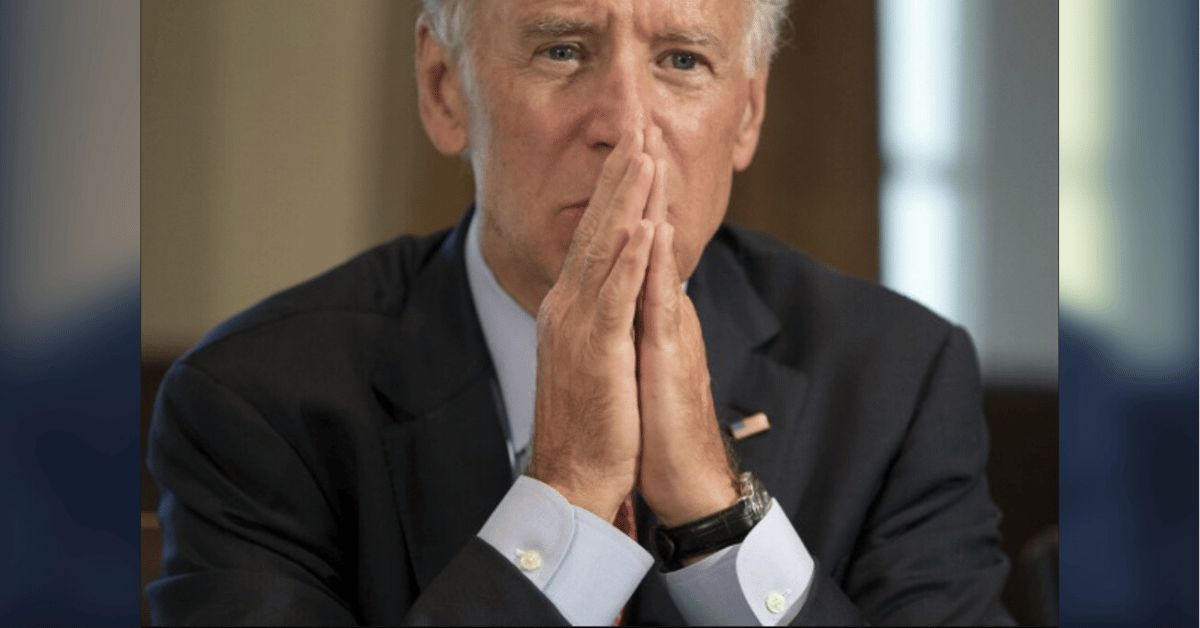



Following the U.S. Supreme Court's pivotal decision, Ohio universities are rethinking their scholarship programs that focus on race and gender.
NPR reported that Ohio’s state universities are undergoing a comprehensive review of race-based and gender-based scholarships in response to a recent Supreme Court ruling. This is a long overdue review that will finally fight back against the racist policies that Democrats have pushed on American education.
Sedric Granger, who recently graduated from Ohio University, expressed relief and concern about the changes.
He benefited from scholarships targeted at minority students, which are now under scrutiny. Granger noted the potential loss of financial support for future students due to these reviews.
Following a directive by Ohio Republican Attorney General Dave Yost, universities across the state, including prominent institutions like Ohio State and Kent State, are assessing their scholarship programs for compliance with the Supreme Court's decision.
The ruling, while not explicitly banning such scholarships, has been interpreted by some states to mean they should be discontinued to eliminate all forms of racial discrimination.
Ohio University spokesperson Dan Pittman clarified that only a select few scholarships are currently under review, indicating a targeted approach rather than a sweeping reform.
Attorney General Yost has been particularly active in ensuring state universities align with the new legal framework. His office issued guidance shortly after the Supreme Court's decision, focusing on the necessity to review and possibly eliminate race-conscious admissions practices and scholarships.
Yost's spokesperson, Bethany McCorkle, explained their stance, suggesting that race-based scholarships might be unconstitutional as they discriminate based on race. This interpretation follows the broader legal reasoning that the goal of eliminating racial discrimination includes removing policies that explicitly favor or disadvantage specific racial groups.
This stance is mirrored by actions in other states as well. Missouri's Attorney General Andrew Bailey issued a similar memo, demanding an immediate cessation of affirmative action policies in educational institutions.
These developments have sparked a mix of frustration and proactive adjustments among university faculties and donors. Some, like Andy Alexander, a benefactor who funds scholarships for underrepresented student journalists, are contemplating bypassing universities to directly support students if necessary.
Alexander expressed his determination to continue supporting diversity, regardless of the state's interpretation of the ruling. He highlighted the possibility of offering scholarships privately to avoid potential legal complications with the university's administration.
Moreover, the scrutiny is not limited to race-based scholarships. Ohio University is also examining awards that involve other protected classes, such as those based on gender, to ensure all their programs comply with the latest legal standards.
The legal and educational communities in Ohio are closely monitoring these reviews, as the outcomes could significantly affect funding opportunities for prospective students.
Granger's concerns reflect a broader anxiety among current and future students about the availability of scholarships. He remarked on the timing of his graduation as fortunate, considering the potential scarcity of funds for those following in his footsteps.
This sentiment underscores the substantial impact that changes in scholarship policies might have on student diversity and opportunity in higher education in Ohio.
The ongoing legal interpretations and administrative reviews are setting a precedent that could influence how educational support is structured across the country.
The discussions and decisions taking place now will likely resonate beyond Ohio’s borders, as other states observe and possibly emulate the actions taken by Ohio’s educational institutions.
As the legal landscape evolves, Ohio universities are tasked with navigating these complex waters, balancing legal compliance with the need to foster an inclusive and diverse academic environment.
The coming months are critical as Ohio universities finalize their scholarship reviews and determine how best to support their diverse student populations under the new legal standards.
As Ohio’s universities review their scholarship programs, the decisions made today will shape the educational opportunities of tomorrow. The balance between adhering to legal standards and supporting diverse educational environments remains delicate, with significant implications for students, faculty, and the broader community.



